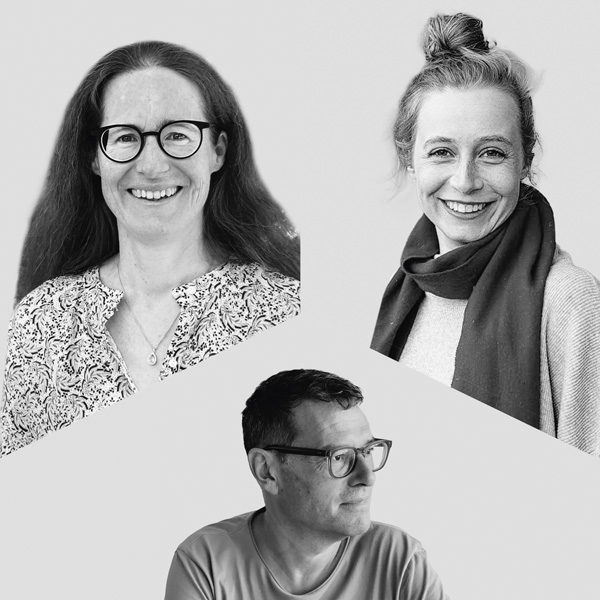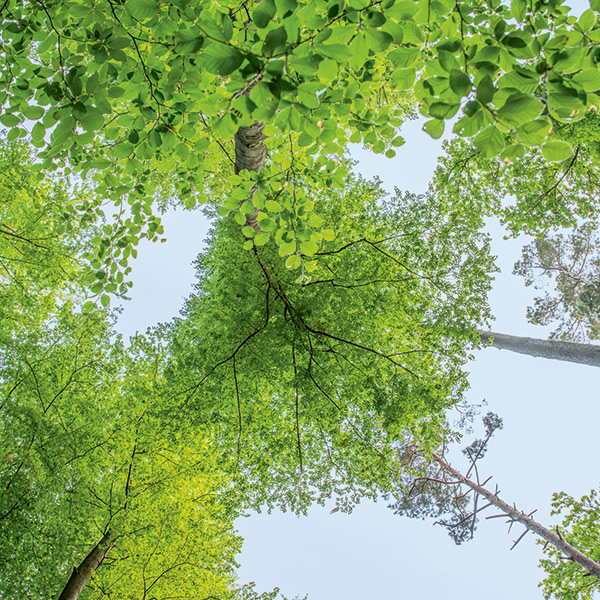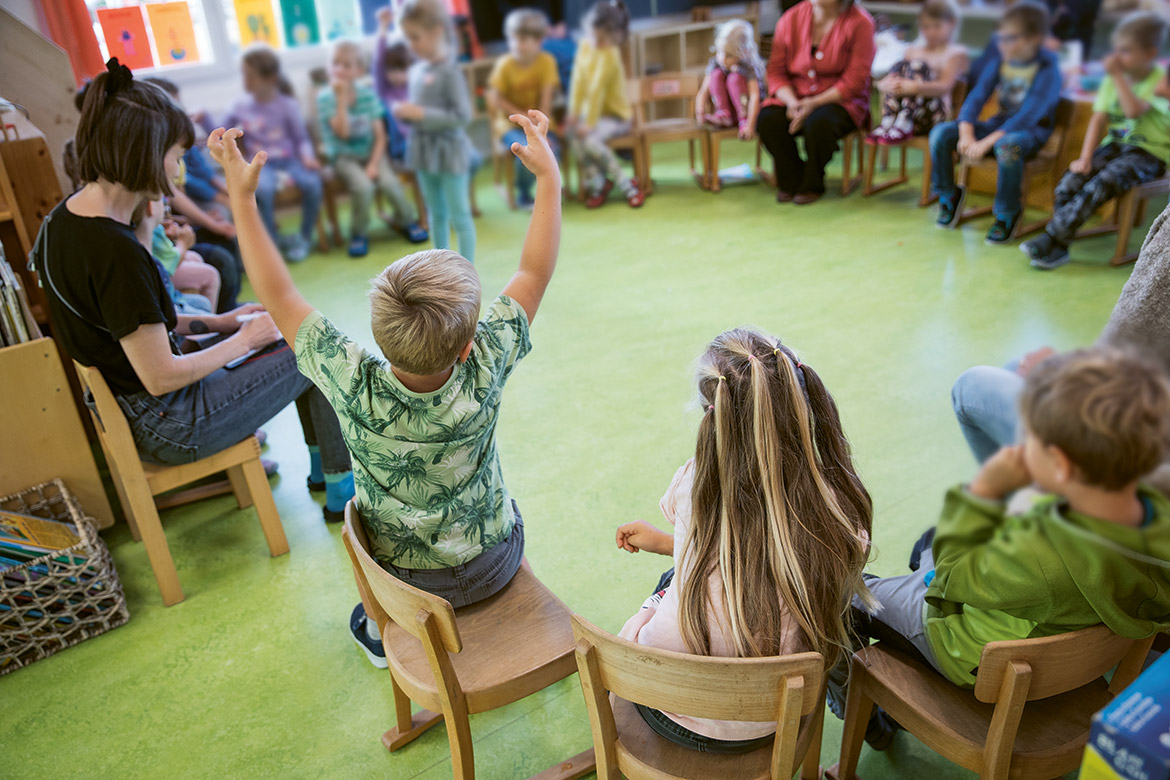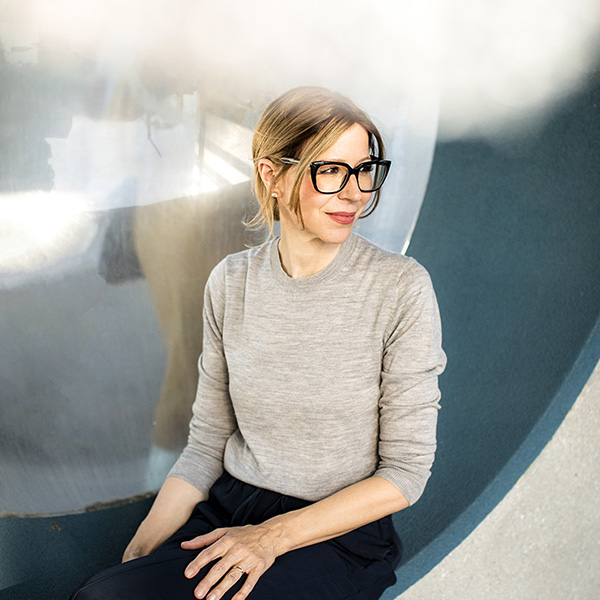STANDPOINT
“It feels toxic to be Russian now, and this is what our government wants”
Olga Trukhina, a Russian postdoc in chemistry at EPFL Valais, is looking for the best way to oppose the war in Ukraine.
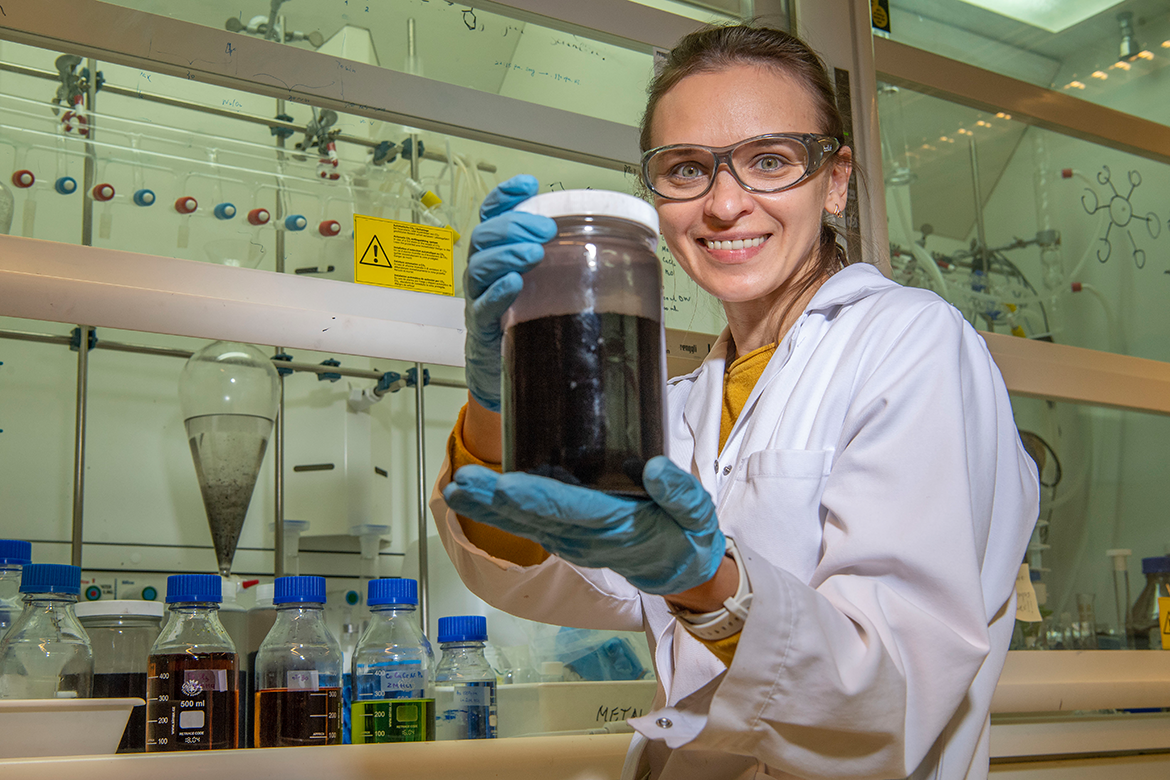
Olga Trukhina, a Russian postdoc in chemistry at EPFL Valais, opposes the war in Ukraine. | Image: Sacha Bittel/EPFL
People from different countries work together at the Laboratory for Functional Inorganic Materials at EPFL Valais in Sion. One of them is the Russian postdoc Olga Trukhina, who is researching into the best ways to recover metals from electronic waste. Her life changed on 24 February 2022 when the Russian Army invaded Ukraine.
Olga Trukhina, how did the escalation of the war in Ukraine affect your life?
The actions of Russia woke me up. The war removed all the usual ‘colours’ from my life. Suddenly, everyone was either black or white, whether they were former classmates, neighbours or friends. Either they were in favour of the war, or against it. I failed to convince my contacts in Russia that it is really an invasion and a crime. I realised that I can help more by donating money to independent journalists and by helping refugees with humanitarian aid.
Did you experience any hostile reactions?
No, never. Initially I was scared that Ukrainian colleagues would hate me. It feels toxic to be Russian now, and I realise that this is what our government wants. It wants us to believe that we are hated, it wants us to oppose the world. But it’s my experience in Switzerland and elsewhere in Europe that no one hates us if we speak up, if we take action against the war, and if we don’t complain about having lost our previously comfortable life. No Ukrainian person has been uncivil to me since the war started. This actually just makes me feel worse.
Are you not scared to talk publicly about your opposition to the war?
It is too late to be scared – the autocratic apparatus will devour us all, no matter what we do or not. A better question would be: will you go back to Russia? The answer is yes, because I want to see my family. But as a scientist, I do not see a future there. Russia will regress on a technological level, and qualified specialists will leave the country.
Have you received any support from EPFL?
Yes. The university management established a special commission to help refugees from Ukraine. They also organised an online meeting with Russian students and employees in order to mitigate the impact of this awful conflict on the EPFL community. People were also offered psychological help.
What about your colleagues in the research group?
My professor and colleagues have been very understanding. They did not ask any questions, but were there if I wanted to talk.
What do you hope for now?
I honestly think it is not a good time to ask us Russians how we feel. It is time to listen to the Ukrainians. So I hope that this interview will not upset even more people. On a larger scale, I hope that all the Russians who oppose this war will unite against it and stop arguing about semantics, about what is one’s individual or joint responsibility, about guilt, about cancel culture or a culture of cancellation, and so on. I hope for a Ukrainian victory and for freedom in Russia.

